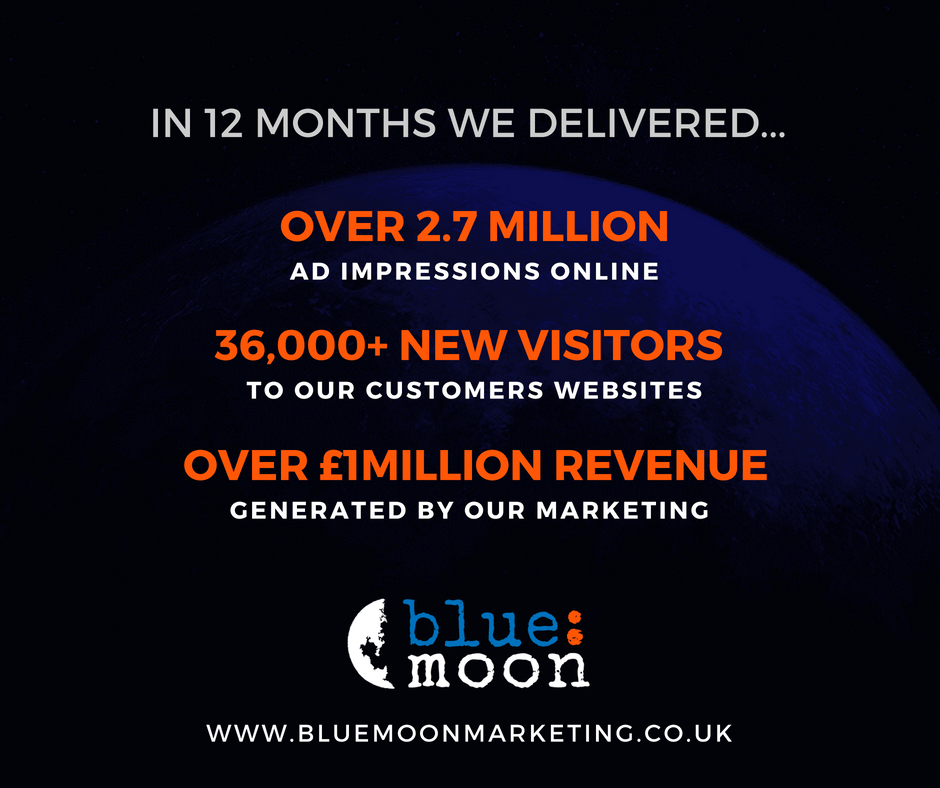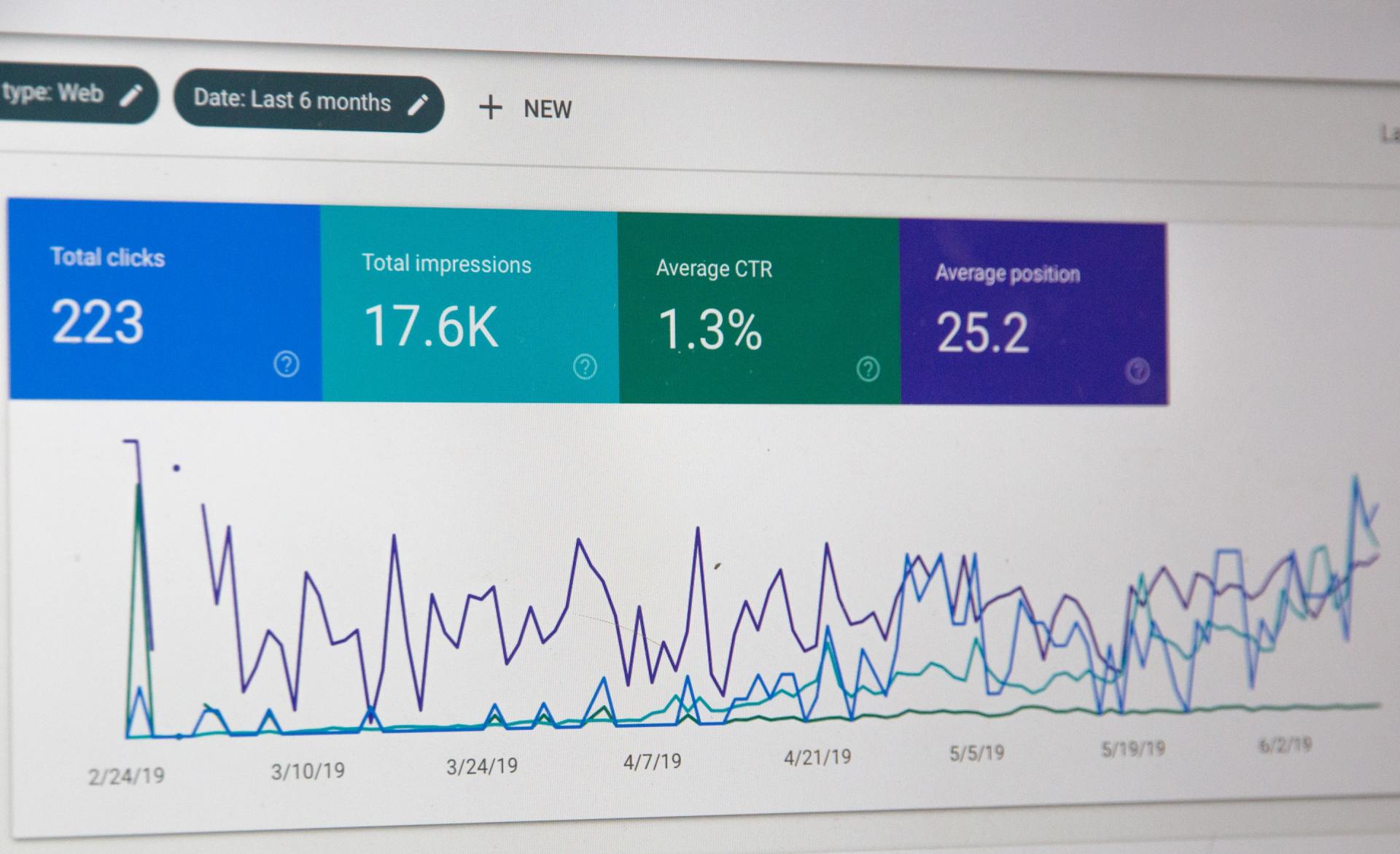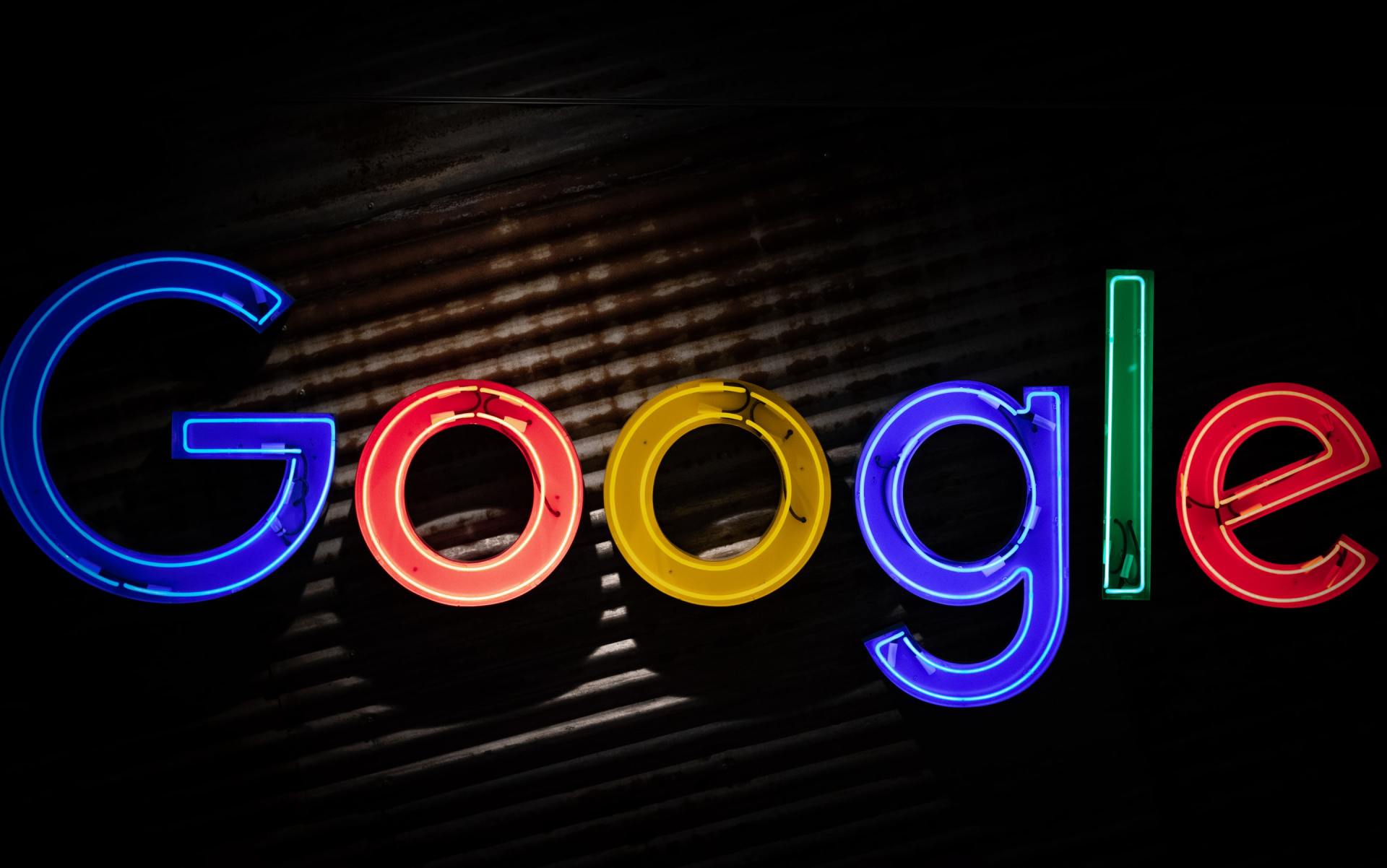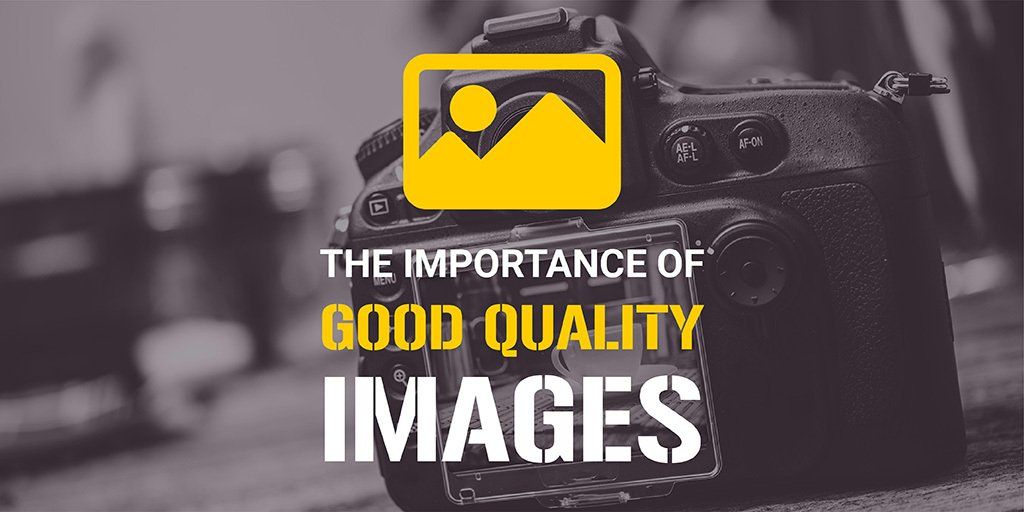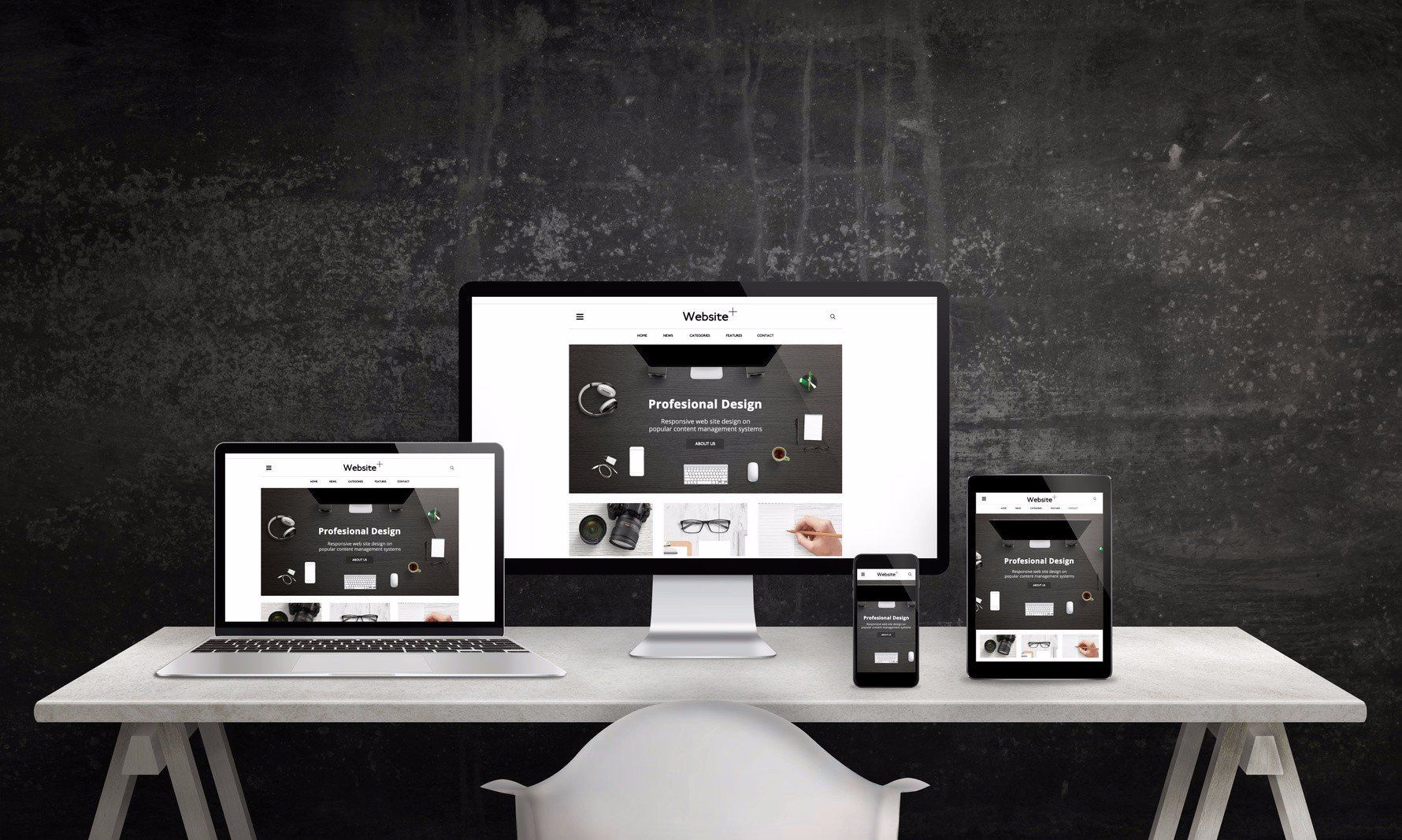5 METHODS TO GENERATE MORE WEBSITE TRAFFIC (& ONLY ONE that’s guaranteed to work!)
Websites without traffic are like cars without fuel, they may look pretty sat in front of you but they’re not going to take you anywhere. Websites need traffic! Queue the dilemma for almost every business… “where do we get (more) traffic from?”
Traffic is simply the number of clicks or visits to your website, we can track this traffic using website analytics which tells you how many people are visiting, how often, where from and for how long etc. understanding this stuff (even on a basic level) is critical to the success of any businesses online marketing these days. In the simplest terms, more traffic means more potential customers, hence more “moolah” flowing through the doors and trust me on this one, there’s a LOT of traffic out there for the taking.

1) ORGANIC TRAFFIC & SEO
The term is misleading as it implies that traffic will just begin to flow without any effort, which certainly isn’t the case.
You’ll have heard the term SEO before which refers to the “activity” to boost your organic traffic. Search Engine Optimisation is a specialist subject for another article but for now understand that “Organic” really just means you don’t “buy” this type of traffic like you would with ads, in truth however it can take a lot of time, specialist knowledge and effort which can be a long winded and expensive exercise if you’re in a competitive online marketplace. But grabbing those top positions on Google for high traffic searches can be a gold mine waiting to be harvested.
2) DIRECT TRAFFIC
This means people going straight to your website by typing in your website address (URL) bypassing the need for Google or Bing searches. Direct traffic is the result of brand familiarity that you have generated through awareness of who you are and what you do – think about Facebook, if you want to visit Facebook to check in (without using the app), chances are you wouldn’t search for the website, you’d just go straight there.
It’s hard to grow direct traffic as it’s essentially an indicator of more long-term brand awareness marketing strategies.
3) REFERRAL TRAFFIC
Want to see an example of how referral traffic works? Just click this link to visit my website and see what happens www.speek.co.uk
Referrals are essentially “links” to your website (or relevant blog content) from other websites, bloggers, press articles, social media posts, etc.
Again, more links mean more potential traffic, and one good source e.g.) a link from a high-ranking website or blog such as say Sky News can do wonders for your own web traffic, so the more references to your website and content, the better!
However, a word of caution here if someone offers to “sell” you links – run a mile! Spammy links will only serve to damage your website ranking and if Google blacklist your domain as spammy, it can spell disaster for all of your online marketing efforts.
4) SOCIAL TRAFFIC
Theoretically this should be described as “referral” traffic, however given the enormous subject that social media has now become for digital marketers across the world, we’ll classify this on its own merits.
Social traffic is visits to your website from Facebook posts, tweets etc. and has become another specialist subject in its own right.
All of these methods will require a lot of time, consistency, trial and error and most if all patience before you begin to see any significant improvements in your website’s traffic volume (unless say you’re running paid ads), which brings me to the subject of this article.
The only guaranteed way to see a jump up in your traffic, quickly and effectively is…
5) PAID ADS / PPC
In particular Google Ads. PPC stands for “Pay Per Click” which means exactly that! You pay for each click that the ads generate to your website, so, if you had a budget of £100 and it cost an average of £1 for each “click” – you could effectively buy 100 new visits (traffic) to your website.
It’s quick to deploy, hence can be a good short-term solution while you build a steady organic flow over time. It can be switched on and off and adjusted fairly quickly as needed, so is ideal for sales promotions, seasonal trends etc. Also contrary to popular belief, it can be very worthwhile for small local businesses, as many searches nowadays are followed with locations e.g.) find a plumber in Taunton. Local businesses can do incredibly well using PPC to generate relevant traffic to their website but like anything, you need to have a handle on what you’re actually doing, otherwise it easy to burn through your money quickly instead!
In my experience of managing hundreds of websites and digital campaigns for businesses big and small throughout the UK, I’d say PPC is the only guaranteed way to get quick results. Naturally, every situation is unique and it all depends on your proposition and multiple other factors, so I would recommend that you always seek professional advice, at the end of the day it could save you a small fortune, or rather make you one instead!
If you would like to explore what Google Ads could do for your business. Why not arrange a free no-obligation zoom call where we can assess the traffic volumes for your target search terms and demonstrate how it could work for you.
Alternatively if you already have Google Ads but it’s just not working the way you want, let us conduct a free review!
To request your free Google Ads appointment or review email office@speek.co.uk and use the subject “Google Ads”
We’ll be in touch to confirm your appointment details shortly after.

